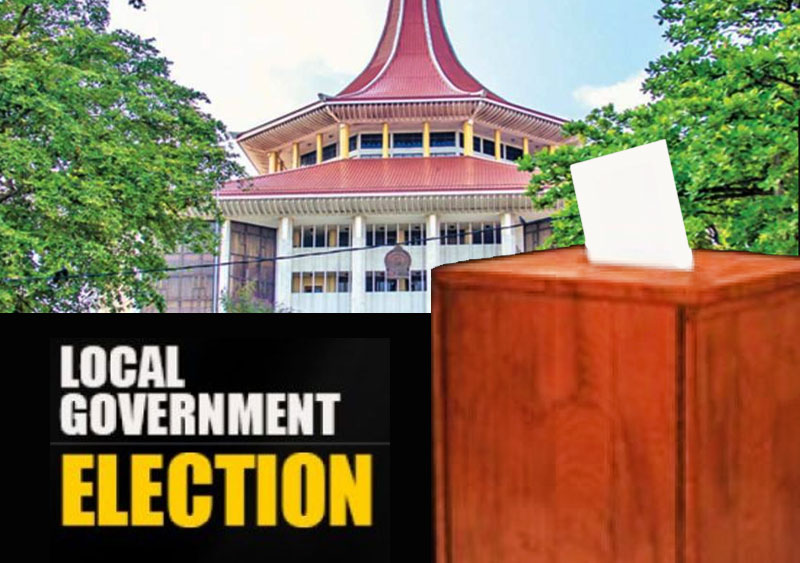Sri Lanka’s government will honour a verdict delivered by the Supreme Court determining that three private member’s bills seeking amendments to local government will require a special majority in parliament and a referendum, according to Prime Minister Dinesh Gunawardena.
Speaker Mahinda Yapa Abeywardena told parliament Tuesday August 08 morning that the Supreme Court has determined that three private member’s bills titled Pradeshiya Sabha (Amendment) Act, Urban Councils (Amendment) Act and Municipal Councils (Amendment) Act are inconsistent with the constitution.
In order to become law, the bills must be passed by a special majority in parliament and approved by the people in a referendum by virtue of the provisions of article 83 of the constitution, he said.
The three bills were challenged in the courts in terms of article 121(1) of the constitution, leading to the verdict that clause 2 of the three bills are inconsistent with articles 1, 12(1), 82, 83 and 104(b) of the constitution.
Chief opposition whip and main opposition Samagi Jana Balawegaya (SJB) MP Lakshman Kiriella asked if the government is ready to go for a referendum.
Prime Minister Gunawardena replied that the government was not at any party to the origin of this bill.
“The government will always honour the determination of the Supreme Court,” said Gunawardena.
“MPs can present [any private member’s bill], but they can’t do whatever they want,” he added.
The three bills were presented to parliament on July 05 as private member’s bills by Sri Lanka Podujana Peramuna (SLPP) MP Jayantha Ketagoda, who is widely believed to be a loyalist of SLPP national organiser and former finance minister Basil Rajapaksa.
The Centre for Policy Alternatives (CPA) and its Executive Director filed three petitions on July 14 in the Supreme Court, challenging the bills.
If passed, the bill would allow the minister in charge to extend the period of any or all Pradeshiya Sabhas, urban councils or municipal councils for a period deemed fit by the minister, effectively allowing the postponement of elections to these local bodies on the grounds of a crisis.
The petitioners argued that this would violate a number of clauses in the constitution.
Local government elections in Sri Lanka have been postponed several times amid the island nation’s worst financial crisis since independence.


